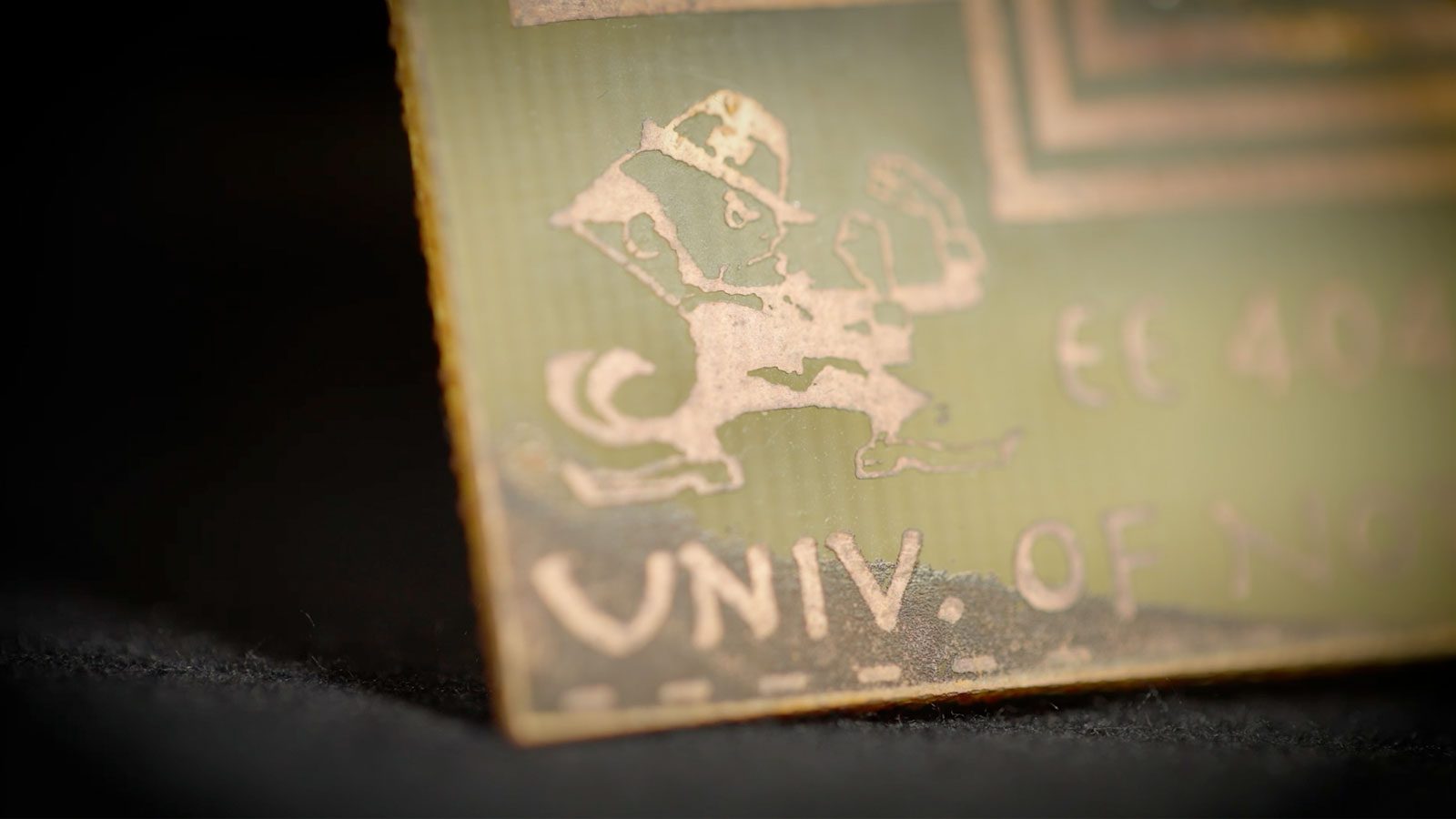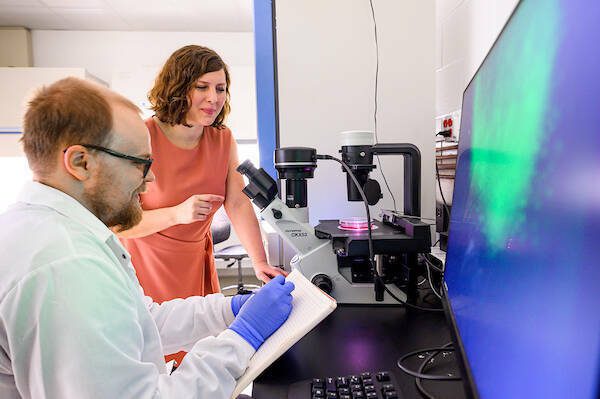Researchers Make Important Discovery for ‘Smart’ Films and Encapsulation
A study from the University of Notre Dame has found that the properties of a material commonly used to create conductive or protective films and encapsulate drug compounds — and the conditions in which this material will disassemble to release that medication — may be different than initially thought.
Published in the Journal of the American Chemical Society, the study aimed to identify the conditions under which polyelectrolyte complexes, or PECs, would assemble and stay assembled. The researchers found new, important differences between strong and weak PECs.
Read more here.
January 7, 2019



